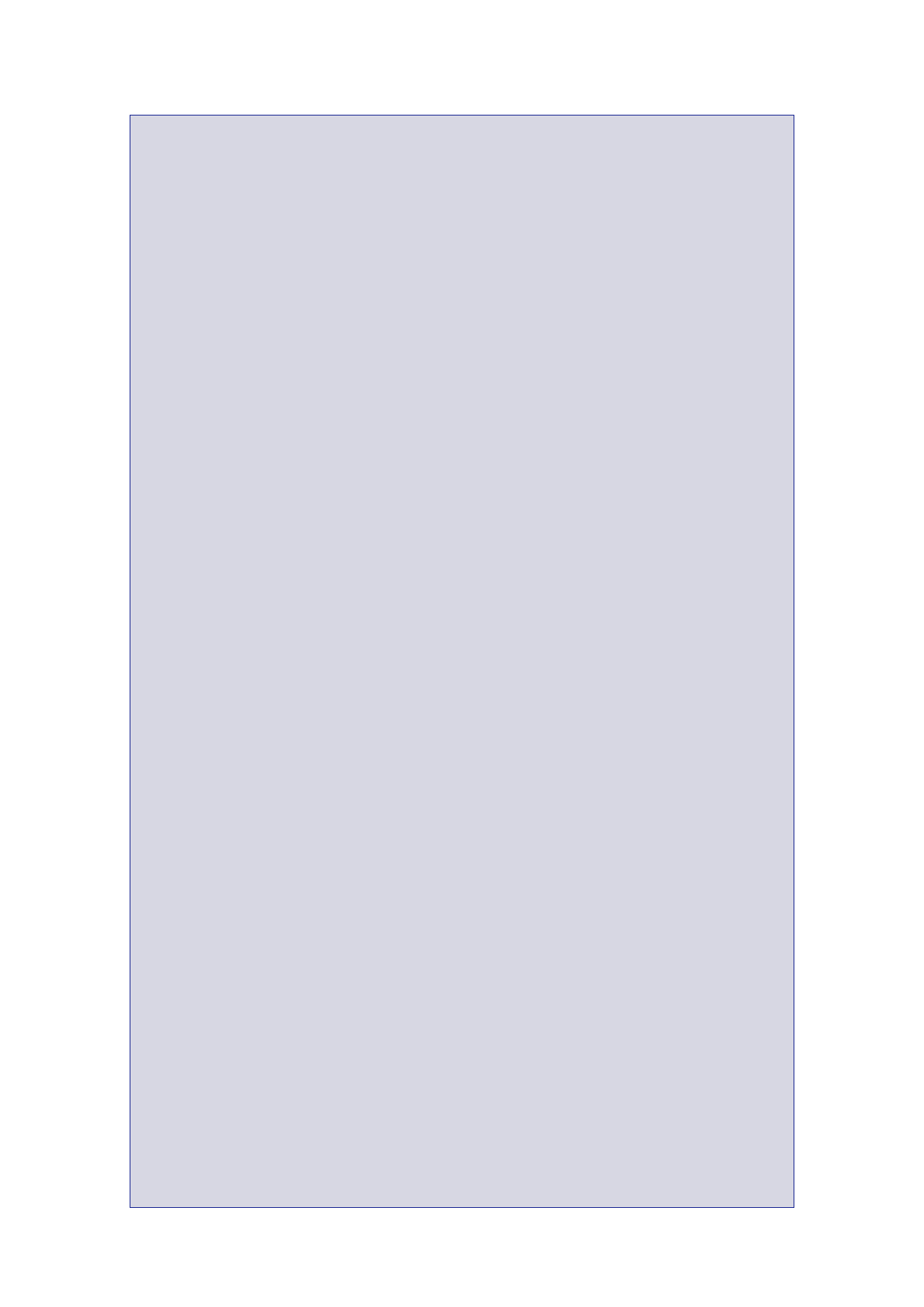
The Report
of the Iraq Inquiry
Discussions
with UNMOVIC revealed concerns focused on “the limited
technical
knowledge
of the sites and equipment to be inspected and poor quality of
some
inspectors”.
Dr Blix and the IAEA had “also expressed concerns about the
lack of reliable
information
currently available to them”. Dr Blix “would prefer to have
any new UNSCR
agreed
before the inspectors return[ed] to Iraq”. To be effective “he
needed:
•
authority
(including ability to freeze sites);
•
practical
arrangements including regional bases;
•
a supporting
threat (from the UN Security Council rather than forces on
the
ground);
•
information on
where to look.”
The
Assessment stated that, “despite its public statements”, Iraq
“would reluctantly judge
it had
to accept” a new Security Council resolution:
“International
pressure to do so would be overwhelming and rejection would
trigger
military
action to overthrow the regime. A further round of technical talks
might be
required to
take account of a new UNSCR. […] Saddam may lose patience at
the
constant
pressures … and refuse to co‑operate. A resolution with such
stringent
conditions
that it threatened Iraq’s sovereignty or the regime’s confidence in
its
concealment
policy would clearly increase the likelihood of such a refusal.
On
balance,
however … Iraq is likely to accept a new resolution, play for time
and rely
on concealment
to deal with inspections.
“In the
short term, we do not expect the same level of intimidation and
obstruction
that UNSCOM
encountered. But a policy of deniable obstruction is likely,
where
problems at
individual inspection sites are blamed on over‑zealous local
Iraqi
officials,
avoiding too obvious a challenge to the authority of the UN.
However,
we cannot
rule out a mistake by Saddam that would result in a serious
breach
of UNMOVIC’s
mandate and bring about the military attack he seeks to
avoid.”
Concealment
tactics
“A body of
intelligence” indicated that “concealment and dispersal of
sensitive items” were
“the main
planks of Iraq’s strategy to deal with the return of weapons
inspectors”. Saddam
Hussein had
“reportedly taken into account the experience gained during the
UNSCOM
inspections”
and believed he could “exploit weaknesses in the inspections
regime” in
resolution
1284.
The JIC
stated:
“Iraq’s
current preparedness to be flexible on access to these sites
[presidential
palaces as
defined in a 1998 MOU [Memorandum of Understanding] between
Iraq
and the UN]
should be seen in the light of this intelligence. Qusay [Saddam
Hussein’s
son] also
instructed that the production of sensitive materials be moved to
other
secret
locations. We have little intelligence on these locations and Blix
has expressed
his concern
at this weakness.”
Iraq’s
concealment efforts were “widespread”; Iraq had “had time to
prepare”; and stocks
of chemical
and biological weapons would be “considerably smaller than after
the Gulf
War”.
Intelligence showed that:
“… steps
were being taken to prevent weapons inspectors from finding any
prohibited
weapons,
sensitive papers and documents, including by hiding them in
residential
274
